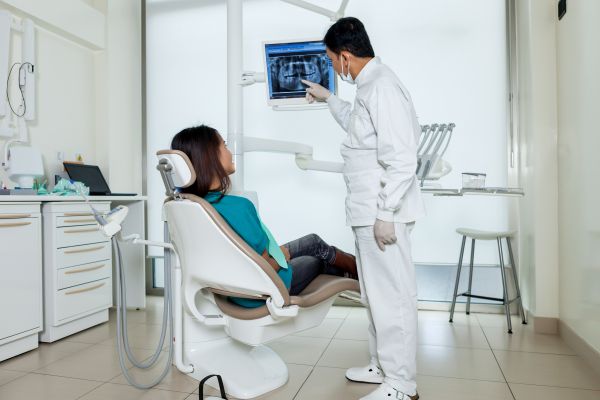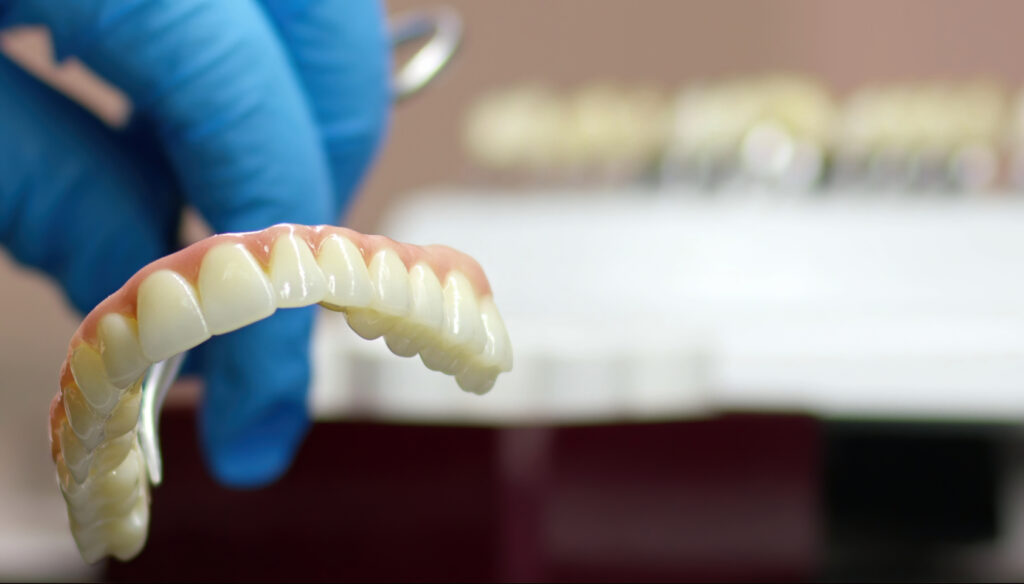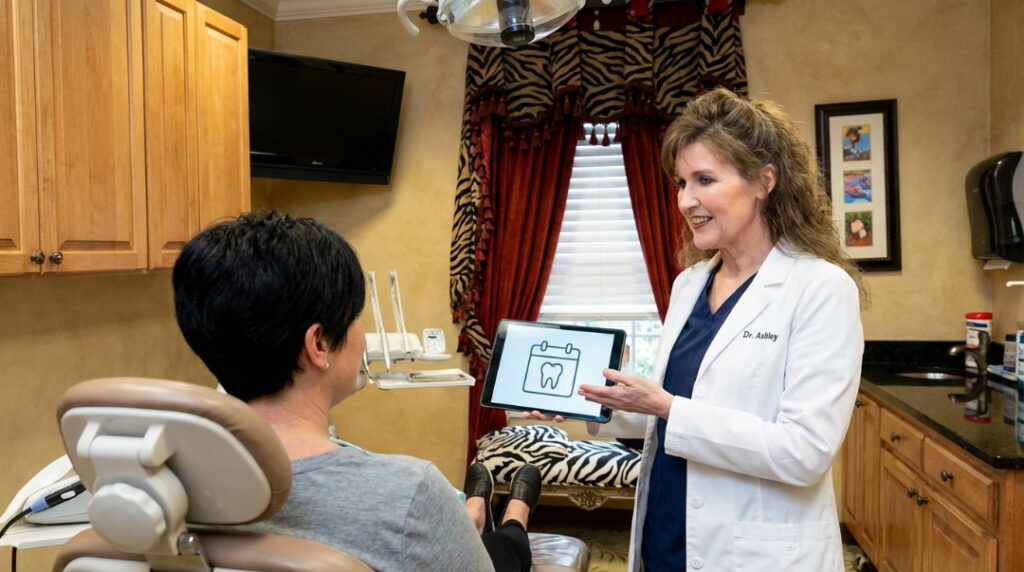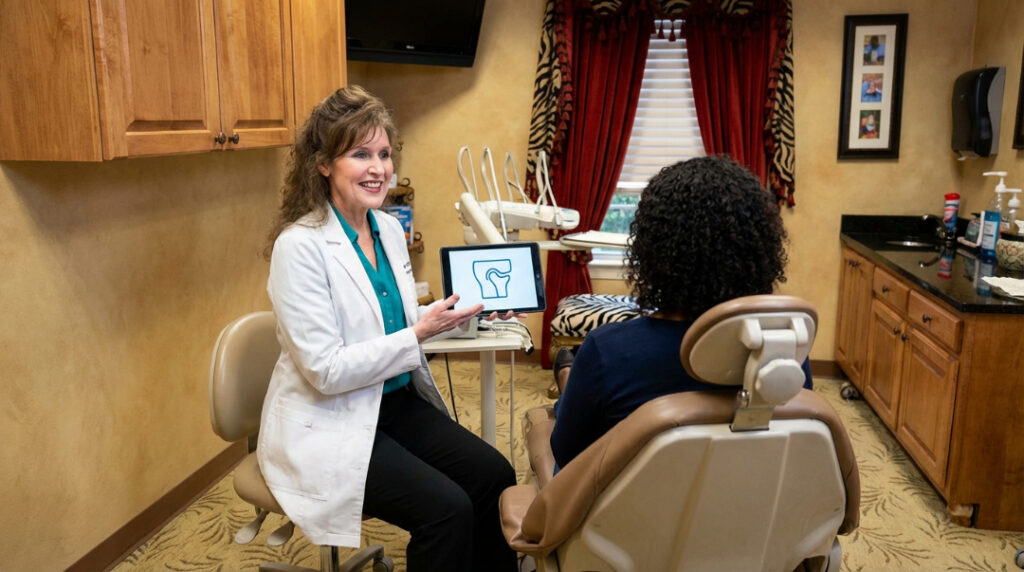
The positive effects of
dental cleanings are many times taken for granted, but they are the key to having and keeping top-notch oral health. We know that many people put off having their twice per year dental exams and cleanings because of their busy lives or because they may have dental anxiety. Either way, these reasons should not be used to skip dental cleanings.
How routine dental cleanings save you time in the long term
Although one of the most commonly used reasons that people skip having their dental cleanings is that they have a busy schedule and cannot make time, this is not true. Although in the short term it may save a person time, in the long run, skipping cleanings does the opposite.
By skipping dental cleanings, a person is not giving their dentist the opportunity to provide their mouth a full examination. Sadly, this means that common oral health issues that can be prevented when detected early will go unresolved and lead to long and uncomfortable procedures or even tooth loss.
Keeping teeth clean and plaque-free
The initial exam by the hygienist during a dental cleaning offers the ability to check around the teeth and gums for signs of gum disease (gingivitis) or any other symptoms that may be cause for concern.
After this routine inspection, the hygienist will begin the cleaning process. During the cleaning, any tartar and plaque that has formed around the gum line will be removed. However, the plaque buildup on the teeth will correspond to how much scraping and scaling will be required to get the teeth to the healthiest possible level.
The “gritty” toothpaste
Many people ask during their dental cleanings what the reason is for using the “gritty toothpaste.” This paste is used after the hygienist has worked to get your teeth tartar-free, and it is applied and brushed on using a high-power electric toothbrush.
Although it does sound scary during the process, it is the most skillful way to obtain a deep cleaning and remove any tartar that may have been left over during the scaling part of the dental cleaning.
Perfect flossing
Another step that many people skip in their dental routine is flossing. Whether or not you are a regular daily flosser, a flossing treatment by a dental hygienist is another level compared to typical at-home flossing. During a dental cleaning, a hygienist will complete the flossing, which will also help in observing and locating any potential trouble spots.
Dental cleanings set you up for success
After your cleaning with the hygienist, the dentist will partner with him or her in examining any possible issues they spot. After consulting with the hygienist, the dentist will also perform an exam and work with you on how to resolve any issues, avoid possible problems that are forming, and keep your teeth in the best condition they can be.
We know that keeping good oral health can seem confusing, but we also want to show you how it can be easier than you expect. By going to your regular six-month cleanings, we can work with you on forming a unique dental hygiene routine that keeps your mouth and teeth in a perfect place for attaining and maintaining optimal oral health.
Are you ready to schedule your regular six-month dental exam and cleaning or come in for your first one in a while? Either way, our friendly and trained staff are always ready to help keep you on the right track in your oral health or get you back into a good routine if it has been a while.
Request a dental appointment or consultation here: https://buforddentist.com or call North Atlanta Center for Cosmetic & Implant Dentistry at (770) 932-1115 for an appointment in our Buford dental office.
[recent-blogs count=4 layout="horizontal" category="dental-cleaning-and-examinations-cat,dental-checkup-cat,preventative-dental-care-cat,routine-dental-care-cat,general-dentist-cat,general-dentistry-services-cat,routine-dental-procedures-cat"]

 The positive effects of
The positive effects of 




